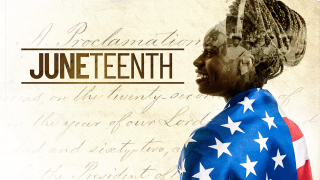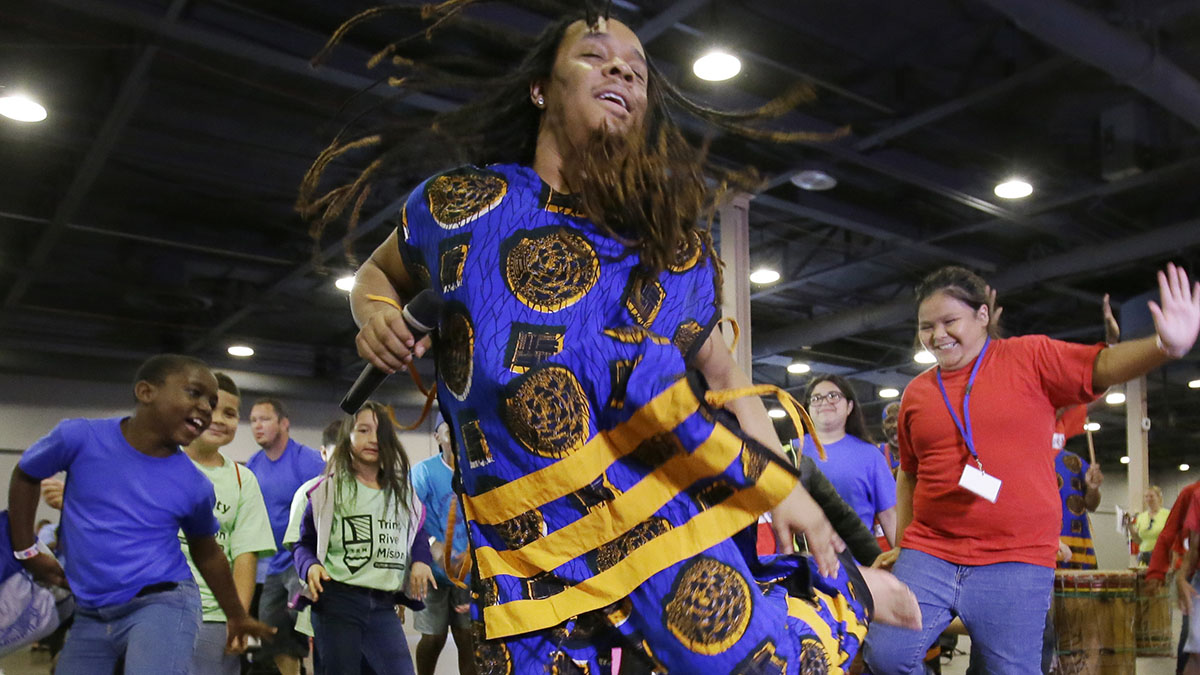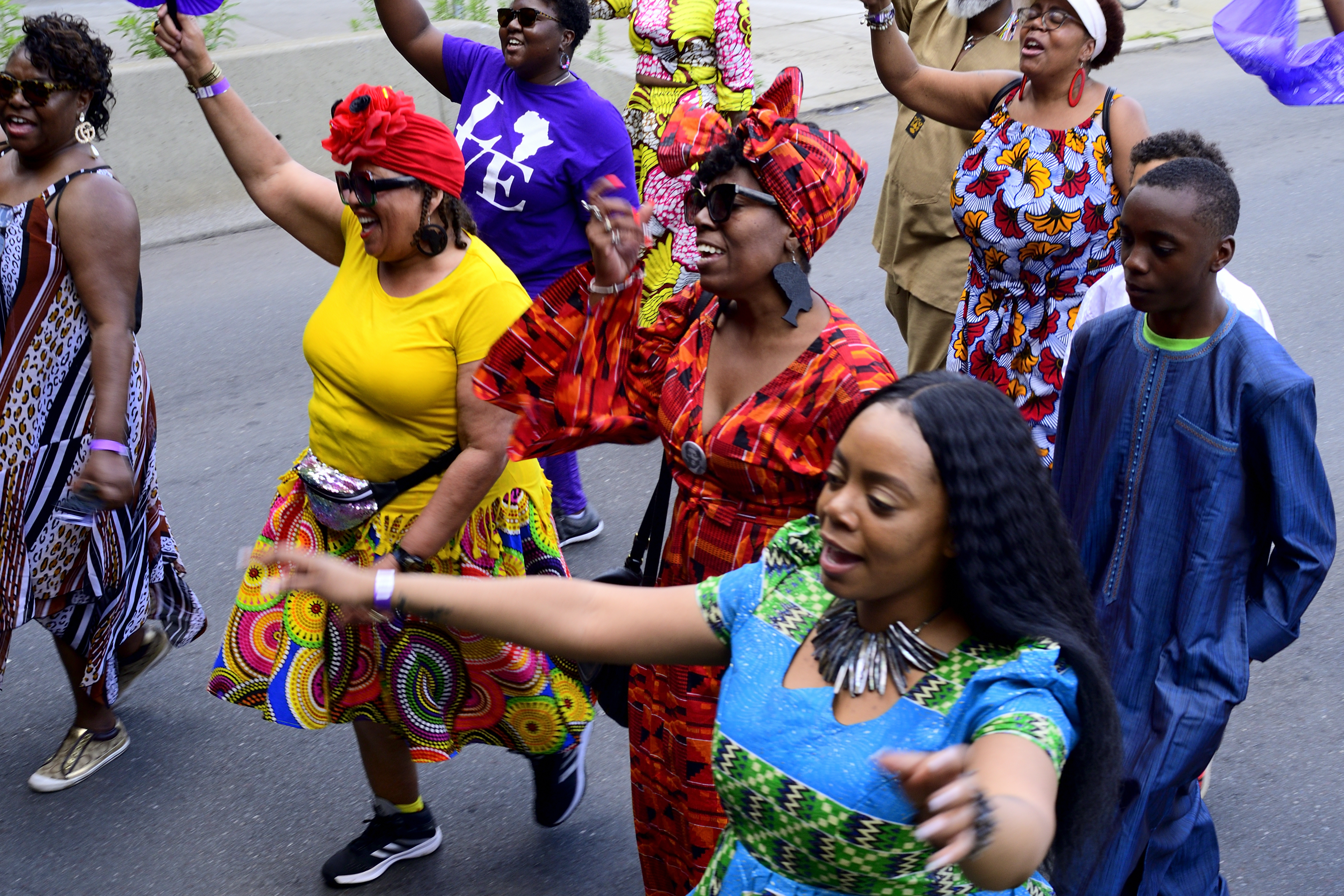
What to Know
- Governor Phil Murphy signed legislation on Thursday designating Juneteenth, which commemorates the end of slavery in the U.S., a state and public holiday in New Jersey.
- The holiday commemorates a specific date — June 19, 1865, the day many enslaved people in Texas learned they had been freed.
- “Commemorating this date is just one component of our collective approach to end a generational cycle of pain and injustice that has gone on for far too long,” Gov. Murphy said.
Governor Phil Murphy signed legislation on Thursday designating Juneteenth a state and public holiday in New Jersey.
Juneteenth, a portmanteau of June and nineteenth, is an annual celebration marking the end of slavery in the U.S. The holiday commemorates a specific date — June 19, 1865, the day many enslaved people in Texas learned they had been freed.
“Commemorating this date is just one component of our collective approach to end a generational cycle of pain and injustice that has gone on for far too long,” Gov. Murphy said.
“Every Juneteenth, we will celebrate the end of the physical chains which once held Black Americans down. While more work lies ahead to undo the oppression that remains, Juneteenth is an important marker that reminds us of our mission to create a society that enables our black communities to achieve the full equality which they deserve.”
President Abraham Lincoln signed the Emancipation Proclamation on Jan. 1, 1863, announcing that enslaved people "shall be then, thenceforward, and forever free," but the proclamation didn’t immediately apply in certain areas, including secessionist states like Texas, which had left the Union and joined the Confederacy during the Civil War.
It took another two years for the news to be enacted in Texas. The Civil War ended in April 1865 and two months later, on June 19, 1865, Maj. Gen. Gordon Granger of the Union Army issued General Order No. 3 in Galveston, Texas, with Granger saying, "The people of Texas are informed that, in accordance with a proclamation from the Executive of the United States, all slaves are free."
Slavery was formally abolished after Congress ratified the 13th Amendment to the U.S. Constitution nearly six months later, on Dec. 6, 1865. Freed enslaved people marked June 19 the following year, kicking off the first celebration of Juneteenth.
Juneteenth is also known as Black Independence Day, Emancipation Day, Freedom Day, Juneteenth Independence Day or Juneteenth National Freedom Day.



